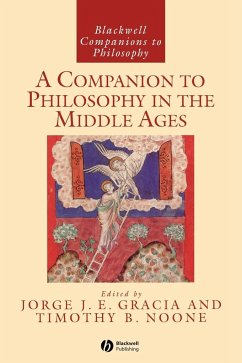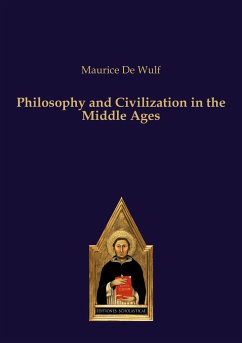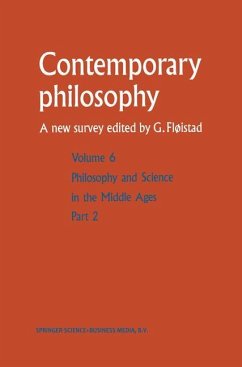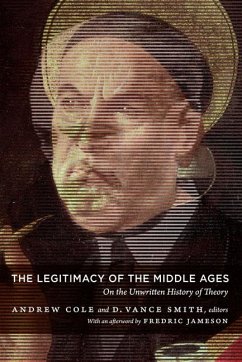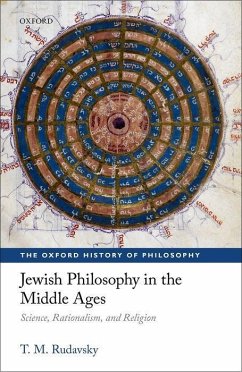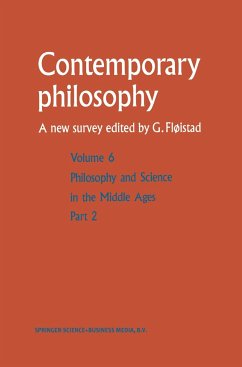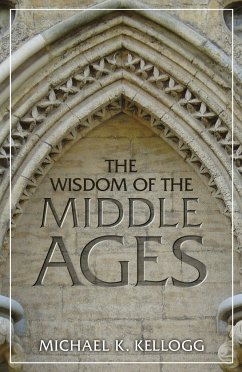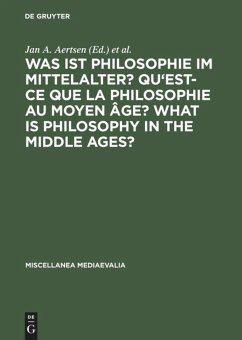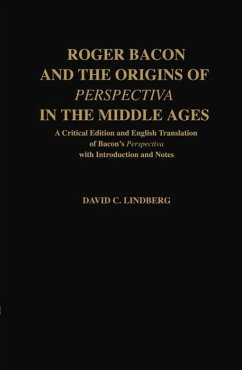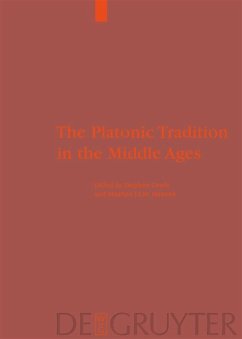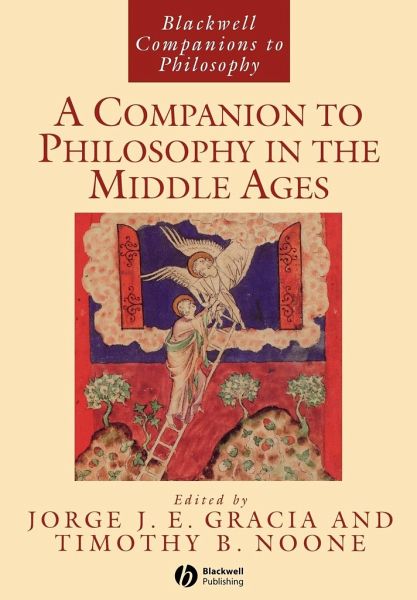
Philosophy Middle Ages

PAYBACK Punkte
30 °P sammeln!
This comprehensive reference volume features essays by some of the most distinguished scholars in the field. The volume is organized into two sections. In the first, essays cover the historical context within which philosophy in the Middle Ages developed. Topics include the ancient philosophical legacy, the patristic background, the School of Chartres, religious orders, scholasticism, and the condemnation of various views in Paris in the thirteenth century. Within these clear, jargon-free expositions, the authors make the latest scholarship available while also presenting their own distinctive...
This comprehensive reference volume features essays by some of the most distinguished scholars in the field. The volume is organized into two sections. In the first, essays cover the historical context within which philosophy in the Middle Ages developed. Topics include the ancient philosophical legacy, the patristic background, the School of Chartres, religious orders, scholasticism, and the condemnation of various views in Paris in the thirteenth century. Within these clear, jargon-free expositions, the authors make the latest scholarship available while also presenting their own distinctive perspectives. The second section is composed of alphabetically arranged entries on 138 philosophically significant authors - European, Jewish, and Arabic - living between the fourth and fifteenth centuries. These essays contain biographical information, summaries of significant philosophical arguments and viewpoints, and conclude with bibliographies of both primary and secondary sources. A Companion to Philosophy in the Middle Ages is extensively cross-referenced and indexed, constituting a complete source of information for students and professionals alike.



